The Module of “Law and Business in Regional Development Strategies” of PKU-KWM Leadership Program Rounded off
Date:2019-06-26
From May 17th to 19th, 2019, the sixth module of the PKU-KWM Global Legal and Business Executive Program was successfully completed.
Considering the overall situation, "national governance and globalization" is the first class of our school and the course of "law and business in regional development strategies" is our compulsory course. This course brought us a multi-level learning experience and way of thinking.
Regional development should be adapted to local conditions. On the first day, Zhu Yujun and Liu Tao, researchers of College of Urban and Environmental Sciences of Peking University, developed a good prescription for the typical city. Zhu shared with us the relevant research results of regional industrial development, transformation and upgrading. He briefly introduced the world economic situation and the development trend of world industry, summarized the four stages of China's industrial development policy and regional industrial development, namely industrial transformation, evolution, transfer and upgrading, and analyzed the examples of regional industrial development and transformation in China. Liu guided the students to understand the meaning of urbanization from four dimensions: material space, economic activities, population distribution and lifestyle, and analyzed the realistic characteristics and dynamic evolution of urbanization in China. He proposed to respect and adapt to the rule in development of mega-cities, and discussed with the students the close relationship between Beijing's non-capital functional relief and population flow.
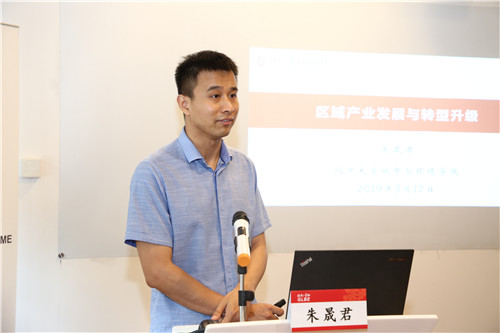
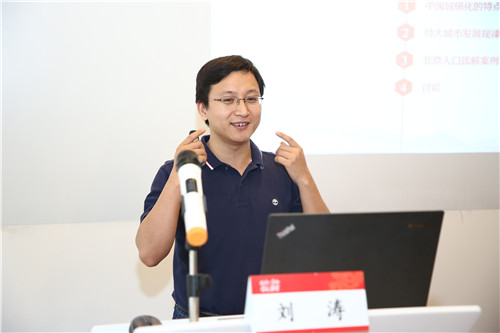
The next day, members of GLBE came to Taihe Chinese Courtyard near the Grand Canal of Beijing and Hangzhou. They visited different courtyards and felt the unique flavor of the courtyards. Then Huang Qisen, chairman of Taihe (Fujian) Group Co., Ltd. discussed about the development trend, current challenges and countermeasures of China's real estate industry. Through the valuable idea and experience of Taihe as a Chinese courtyard, the recall of process of first design, innovative format and advanced environmental protection concept, the trainees made a more vivid understanding of the construction of ecological civilization and the emerging comprehensive service industry.

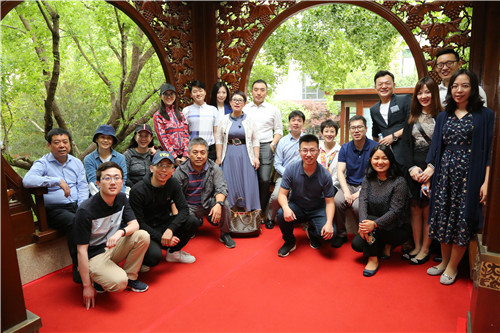
Lv Bin, Professor of College of Urban and Environmental Sciences of Peking University, lectured on national planning and local strategies. National planning system is guided by national development planning, based on territorial spatial planning, supported by special planning and regional planning. Through overview of the historical evolution and theoretical basis of national spatial planning, China now has implemented a multi-conformity spatial planning system. Professor Lv elaborated on the basic situation and development strategies of various regions from national strategic planning of major regional development, urban agglomeration planning, National Central City planning, National New District planning, characteristic town planning, pastoral complex and rural revitalization.
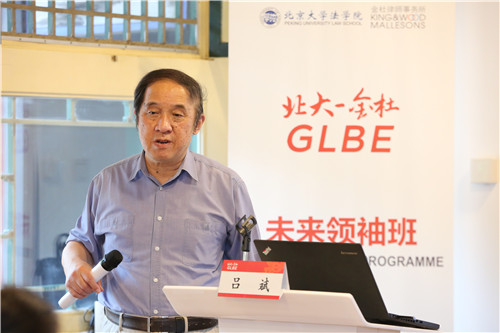
Chang Peng-ao, Professor of Peking University Law School, gave an in-depth and simple lecture on the law and policy of rural land transfer in China. He pointed out that the basic orientation of understanding land problems in China is national policy. The reform of rural land system includes the circulation of the right of rural land management, the reform of the right of rural collective management construction land use and the reform of the right of rural residential land use. At present, the relatively mature reform is the reform of contractual right of land. Through the norm of construction of the "separation of ownership, contractual rights and management rights", ways to allow land to enter the market are about to explore while farmers do not lose their land. Through the reform practice in Peide, Anhui and Xiangshan, Zhejiang , it is not difficult to find that the rational use and transfer of rural land will make up for the shortage of land supply, and thus it will effectively solve the contradiction between land supply and demand in the process of urbanization, and further release the reform dividend. Professor Chang Pengyao emphasized that only by seamlessly linking laws and policies are we able to get a glimpse of the great panorama of land transfer reform.
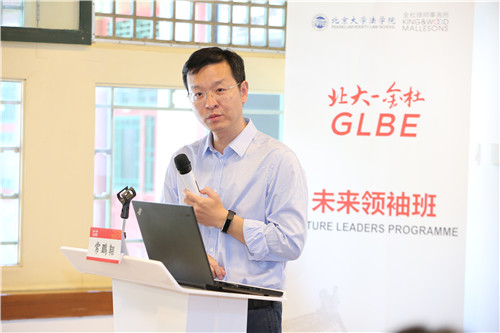
Future leaders need to have a long-term, global and international vision; future leaders should be based on reality, practice the belief of law and business innovation. GLBE students should consciously undertake the mission of the times in their learning and thinking.

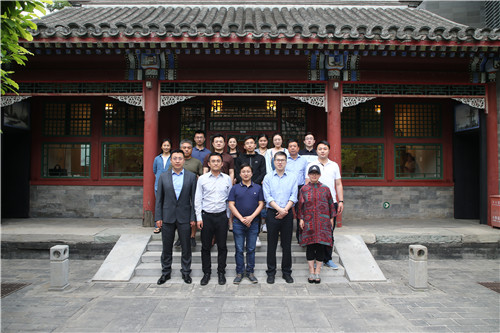
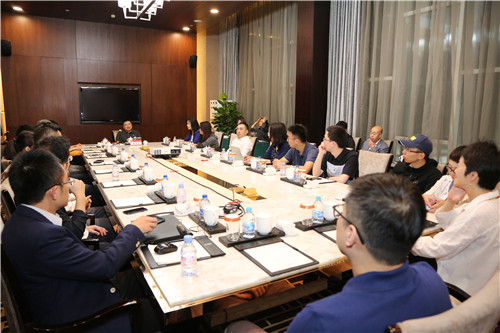
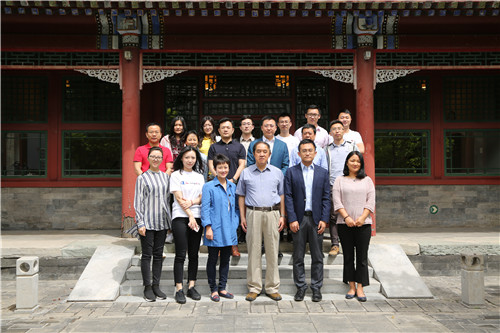
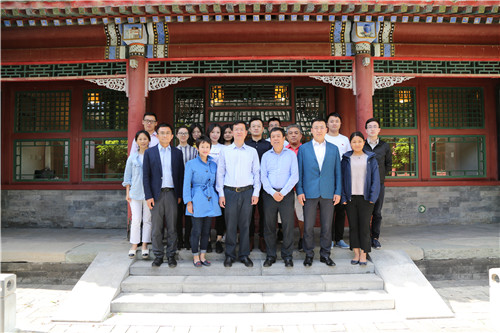
Translated by: Yin Ziyou
Edited by:



